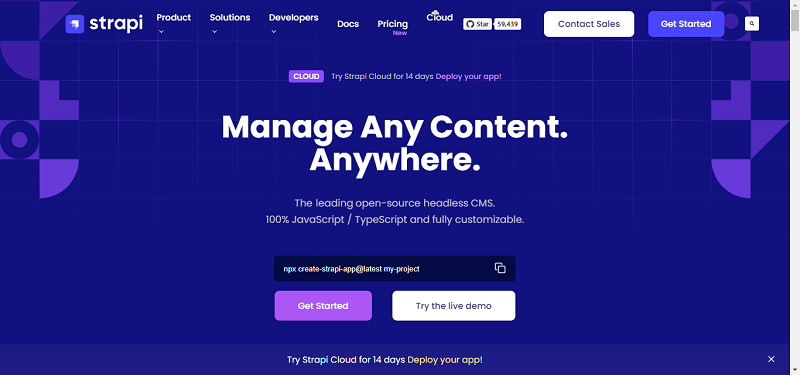“The fact is that given the challenges we face; education doesn’t need to be reformed — it needs to be transformed.” – Ken Robinson, Author of The Element: How Finding Your Passion Changes Everything
Artificial Intelligence has made huge strides across nearly every facet of life. Deep learning has been used to help improve cancer diagnosis rates, develop real-time translation tools, and train auto-pilot features on self-driving cars.
AI chat-bots are currently revolutionizing customer service, and voice operated smart-assistants and smart-homes are becoming more accurate and reliable. So why is it that technology has lagged so far behind the rest of the world. There may have been some changes in the classroom, such as the addition of interactive whiteboards, and the inclusion of IT classes. Yet the principles of teaching have remained the same for centuries – the teacher stands at the front and explains everything to the class. However, now there are technologies emerging that could revolutionize the way that the next generation will be taught.
Where deep learning has been applied to fields like trading stocks to understand the nuances of each individual trade and potential market fluctuations, imagine that technology applied to education. When combined with the interconnected world that we all live in, big data analytics could quickly understand how an individual student learns and new innovations and discoveries of new techniques can be shared nationally, or even globally.
To that end Intelligent Tutor Systems have been developed to supplement a teacher’s work; so rather than tutor each student individually, the teacher can help to explain the significance of what the children are learning. Rather than focus on the how or the what, teachers can help students understand the why – something that is severely lacking in today’s education system. These Intelligent Tutor Systems are able to track the “mental steps” of the student during problem solving tasks in order to diagnose misconceptions and estimate their level of understanding. Big data analytics is already exceeding human levels of pattern recognition in medical fields, so why not allow that intelligence to better educate the future generations?
The system is also capable of providing guidance, hints, feedback, and explanations to the student to help them understand problematic areas. Perhaps most impressively, the system is able to prescribe tasks that fit the level of understand of the user, and adjust them accordingly as the student learns and develops their knowledge and understanding.
But AI assisted teaching is not the only way that education could be revolutionized by deep learning technology. One of the most time consuming activities for teachers is grading and marking tests, and automation already exists today that could mark and grade multiple choice and fill-in-the-blank tests to allow teachers to spend more time on preparing lessons and helping their students, rather than simply marking papers. That said, the technology to mark essays and longer test answers isn’t quite there yet, although Stanford have had reasonable success in attempting to develop a Machine Learning program that marks essays from grades 8-10.
However, there have been some suggestions that this sort of grading could produce apathy amongst students, and potentially less innovation and thought with their work. When students know that their work won’t be read by a human, they are likely to have less desire to impress, as it is simply being fed into a machine. They cited automated marking being used in high-schools, and how it has become unpopular amongst many students. Perhaps this is a sign that AI cannot be used to supplement education, or perhaps marking essays is just too far a stretch for more nuanced topics, unless the AI is a general intelligence capable of human level thought.
AI chat bots and automated phone services were highly unpopular at first, but as they improved and became more integrated and accepted as the norm the public grew to be more amicable towards the systems. The question remains, will AI be able to supplement teachers to improve education? Or is education a more personal experience that cannot be imitated by technology? Ultimately as the technology improves there is no doubt it will be utilized, but it remains to be seen as to the extent to which it is adopted.
By Josh Hamilton





